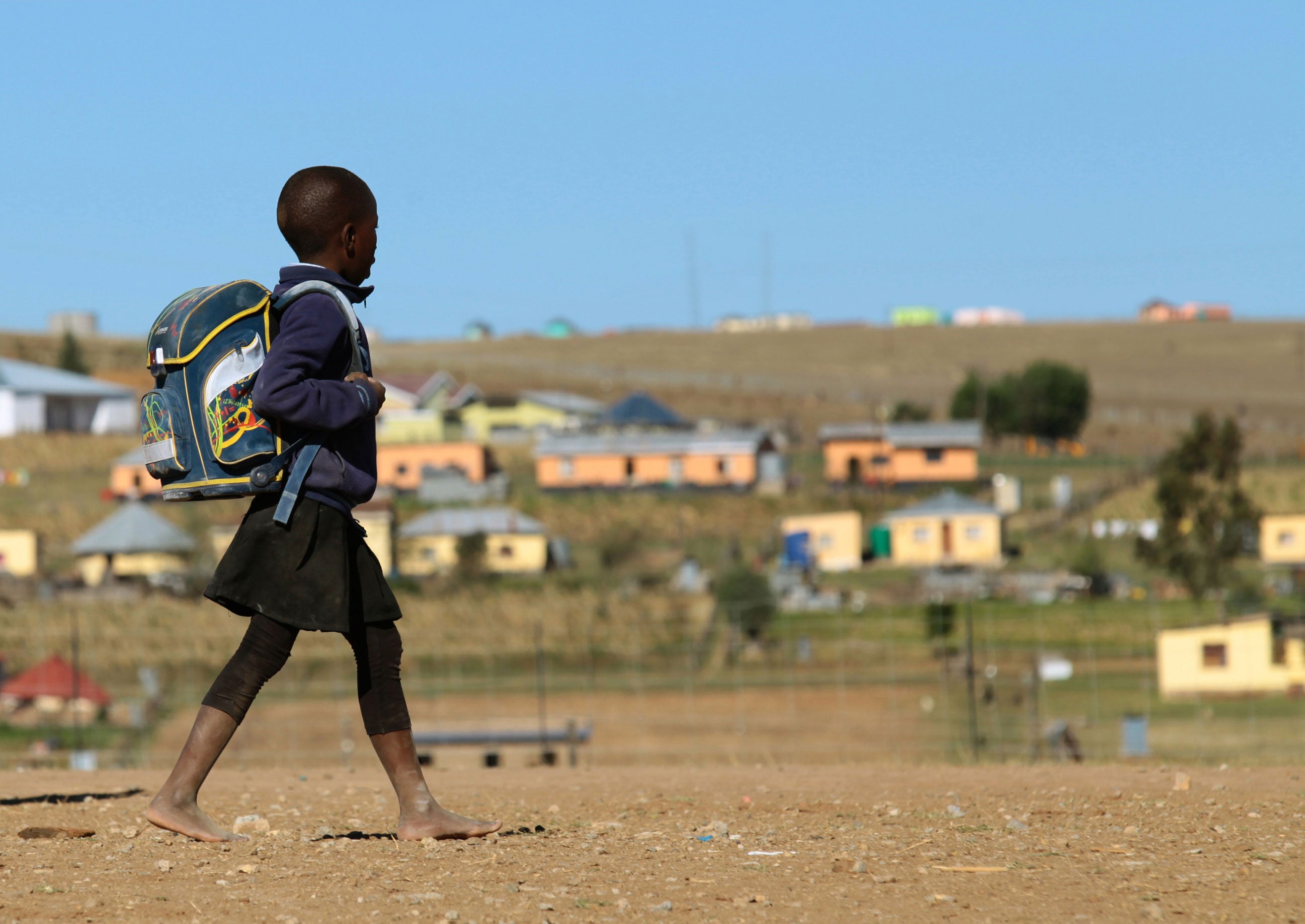Social media has the power to eradicate extreme poverty
Tomorrow's Global Partnership for Education in Brussels is key - we must not let this opportunity go to waste.

Nelson Mandela said “Education is the greatest weapon which you can use to change the world”. Education is power, and it should be available to everyone.
Yet 57 million primary-school age children across the world do not attend school. The inequality this causes and the intrinsic link to extreme poverty is all too plain to see.
Today, the issue of extreme poverty needs mass advocacy more than any other. Although the past decade has seen the most successful anti-poverty push in human history, life remains bleak for hundreds of millions of people. The challenges of education, disease, poor sanitation and gender discrimination still weigh heavily. Additionally, the increase in wealth inequality threatens to ignite new waves of social upheaval.
While these are not easy problems to address, we are reducing extreme poverty almost every year. We’re near to eradicating the second ever disease in human history, polio, and the number of children dying before their fifth birthday is falling. If we make continued efforts and commitments to global education we could see a further reduction of extreme poverty by 12 per cent.
These challenges and opportunities require immediate action, and a new movement of social activists that use technology to unite behind important causes at key moments.
The world is interconnected - the success of the next generation here is directly connected to developments in Zimbabwe or Afghanistan today. Our political, financial and social systems are becoming more reliant on each other in order to prosper. Issues associated with global poverty do not respect border controls or Home Office policy. This reality contradicts UKIP’s calls for the UK to become more inward-looking, which is something we must counter in the strongest terms ahead of next year’s general election.
Social activism needs to be ambitious and energetic. It needs to activate at key moments, and it needs us to act together.
We can start this week. World leaders come together tomorrow in Brussels to begin the next round of the Global Partnership for Education (GPE). Education is a central driver to ending extreme poverty – it reduces child deaths, child marriages. It reduces teen pregnancy. A child born to a literate mother is 50 per cent more likely to live beyond the age of five.
Tomorrow we’re likely to see the biggest commitment yet from developing country governments. But there’s a real danger that the UK won’t be part of that new partnership, partly due to domestic political considerations. The leadership of the UK has been crucial in the progress that has been achieved so far, but that momentum would be jeopardised if our support vanished right when the developing countries are rising to the occasion.
At GlobalCitizen.org, we’re building a social movement to take action on extreme poverty. We’ve been emailing in our thousands and tweeting in our millions. With a long record of leadership in this area, we urge the UK Government to make a world-leading commitment.
They’ll need some convincing to play their part in getting 29 million more children in school and learning by 2018. But if we socially mobilise at the right time, we’ll be an unstoppable force for good, and our generation’s greatest legacy can be the eradication of extreme poverty.
Stephen Brown is the UK Country Director at the Global Poverty Project

Join our commenting forum
Join thought-provoking conversations, follow other Independent readers and see their replies